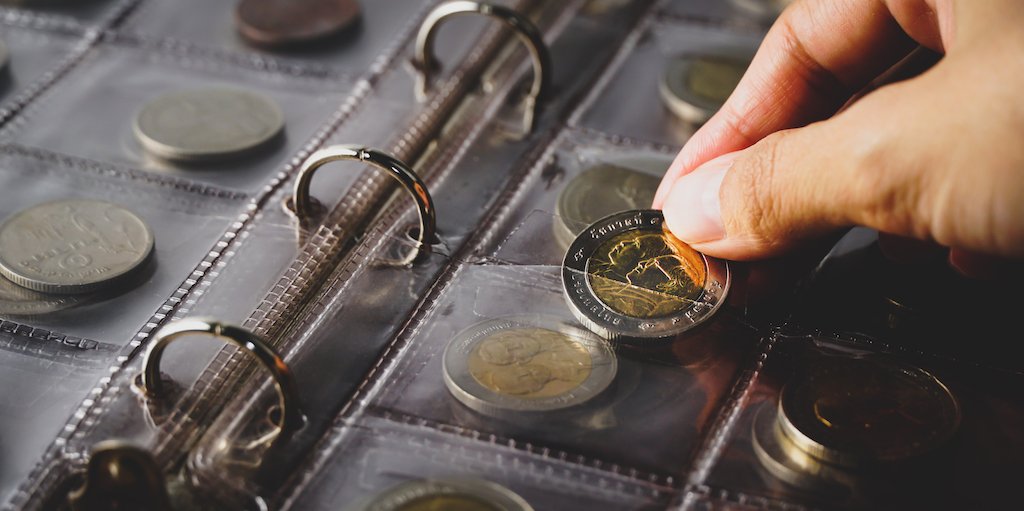
The concept of money is as ancient as human civilization itself. As societies evolved, so did their methods of trade and exchange. In this blog, we'll take a journey through the annals of history to explore how money has evolved from its humble beginnings in ancient times to become the complex financial systems we rely on today.
1. The Origins of Barter:
Before money, ancient civilizations relied on barter systems. People exchanged goods and services directly, a system that worked for simple economies but had limitations.
2. The Advent of Commodity Money:
To overcome the challenges of barter, societies began using commodity money, like grain, cattle, and shells, as mediums of exchange. These had intrinsic value and were widely accepted.
3. The Birth of Metal Coins:
Metal coins emerged in the ancient world, providing a more standardized form of money. Ancient Greece, with its silver drachma, is a notable example.
4. Paper Money in Ancient China:
China introduced paper money during the Tang Dynasty (7th century AD). These early banknotes greatly simplified trade and commerce.
5. Precious Metals and the Gold Standard:
Gold and silver became widely accepted forms of currency. The Gold Standard, adopted in the 19th century, tied the value of money to a specific amount of gold, ensuring stability.
6. Ancient Banking Systems:
Ancient civilizations, such as the Roman Empire, established banking systems where individuals could deposit their money and receive loans.
7. The Silk Road and Global Trade:
Money played a pivotal role in the ancient Silk Road, facilitating trade between the East and West. Various currencies and commodities were exchanged along this historic route.
8. Ancient Coins as Artifacts:
Ancient coins are not only monetary artifacts but also valuable historical and archaeological treasures. They often carry inscriptions and images that reveal aspects of ancient societies.
9. The Fall of the Roman Denarius:
The debasement of the Roman denarius contributed to the fall of the Roman Empire. This serves as a reminder of the importance of stable currency.
10. Modern Banking and Digital Currency:
In modern times, banking systems and digital currencies like Bitcoin have transformed the way we think about money, offering new opportunities and challenges.
From the barter system of ancient societies to the digital currencies of today, money has undergone a remarkable evolution. It has not only shaped economies but also influenced the course of history, from facilitating trade along the Silk Road to contributing to the rise and fall of empires. Understanding this journey helps us appreciate the vital role money plays in our contemporary world and the rich history it carries with it.